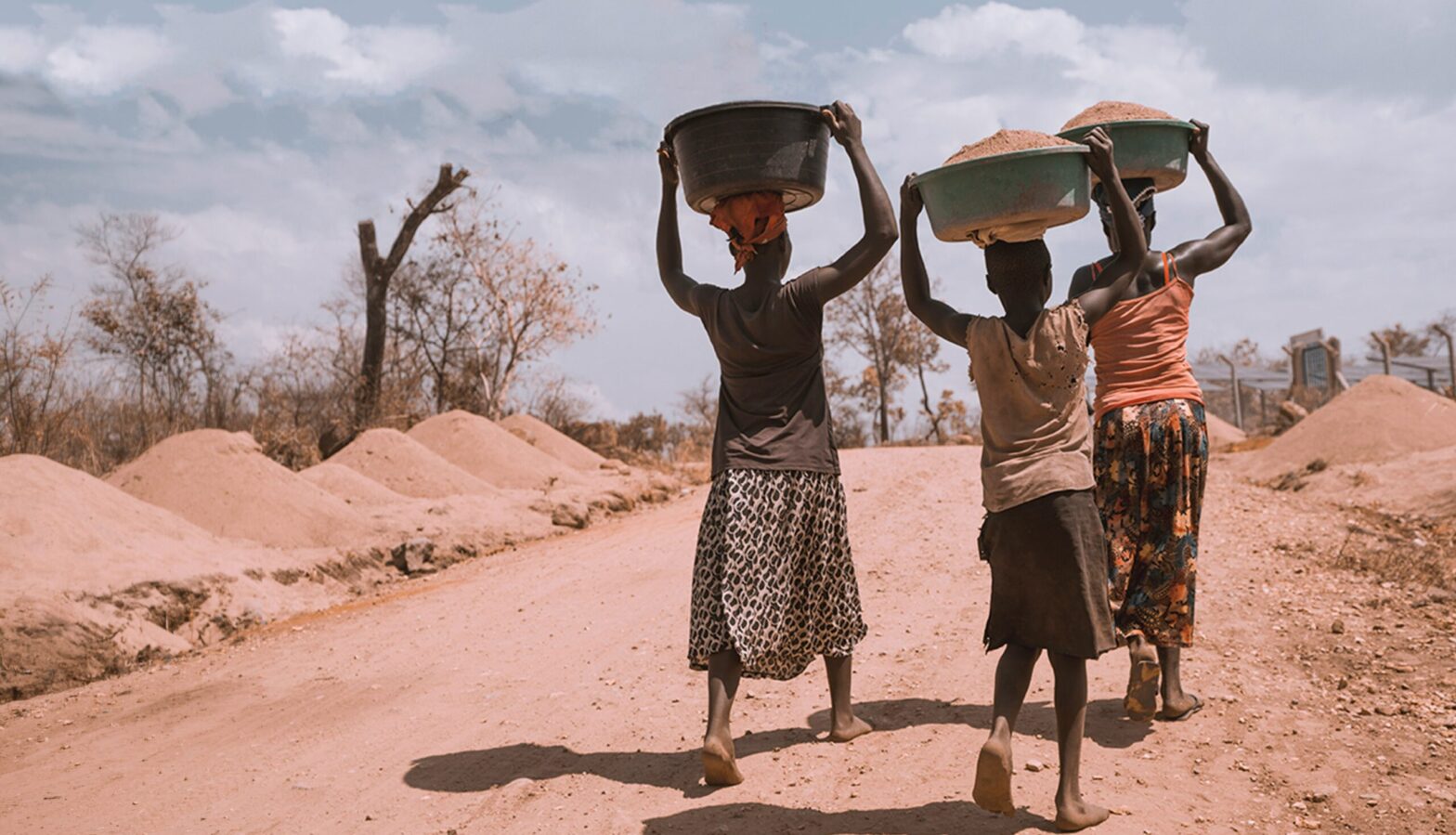Settler colonialism refers to a specific form of colonialism where settlers from a foreign country establish permanent communities and exert control over the indigenous population and their land. It is characterized by the displacement, marginalization, and often violent suppression of Indigenous Peoples. The imposition of new social, economic, and political systems by the settlers is also a factor. This process often results in long-lasting effects on both the colonizers and the colonized, shaping the socio-cultural landscape of the affected regions for generations to come.
The concept was created by European powers during the Age of Exploration and Colonization, as they sought to expand their empires and exploit the resources of newly discovered lands. The establishment of colonies allowed these powers to exert economic dominance and establish political control over distant territories, often at the expense of Indigenous communities who had inhabited those lands for centuries.
Occupied Palestinian Territory
The establishment of Israeli settlements in the occupied territories of Palestine has been a major point of contention in the Israeli-Palestinian conflict. These settlements, built by Israeli civilians on land seized during the 1967 Six-Day War, are considered illegal under international law. Currently, they have been a significant obstacle to peace negotiations between the two sides. The expansion of these settlements has resulted in the displacement of Palestinian communities and hindered the possibility of a viable Palestinian state alongside Israel.
The possibility of a future Palestinian state remains uncertain as a current war exacerbates tensions in the region.
United States: Indigenous Displacement and Cultural Assimilation
European settlers in the United States engaged in settler colonialism, displacing and subjugating Native American populations. The establishment of reservations and forced assimilation policies, such as the Indian Residential School system, aimed at eradicating indigenous cultures. Native American communities still suffer from the legacy of settler colonialism, including land disputes and cultural preservation.
Canada: Residential Schools and Land Dispossession
Canada experienced settler colonialism through policies that sought to assimilate Indigenous Peoples into Euro-Canadian culture. The establishment of residential schools, where indigenous children were forcibly separated from their families and cultures, is a dark chapter in Canadian history. Land dispossession and marginalization continue to impact indigenous communities, sparking efforts for reconciliation and addressing historical injustices.
Australia: Stolen Generations and Cultural Impact
European settlers in Australia engaged in settler colonialism, leading to the forced removal of Indigenous children, known as the Stolen Generations. This policy aimed at assimilating Aboriginal and Torres Strait Islander peoples into European culture. The effects are profound, with ongoing efforts for truth and reconciliation, land rights, and the preservation of indigenous cultures.
New Zealand: Treaty of Waitangi and Land Confiscation
New Zealand experienced settler colonialism through the signing of the Treaty of Waitangi between the British Crown and Māori chiefs. Despite promises of protection of Māori land rights, widespread land confiscations occurred. The repercussions are evident in contemporary debates over land ownership and efforts to address historical grievances.
South Africa: Apartheid and Displacement
In South Africa, settler colonialism, primarily by the British and Dutch, led to the institution of apartheid—a system of institutionalized racial segregation. Indigenous populations faced forced removals, loss of land, and systemic discrimination. The effects of settler colonialism are deeply ingrained in South Africa’s history, contributing to ongoing struggles for justice and reconciliation.
Zimbabwe: Colonization and Struggles for Independence
Zimbabwe, formerly Rhodesia, faced settler colonialism under British rule, leading to land dispossession and conflicts with the indigenous population. The struggle for independence, marked by the Chimurenga wars, eventually led to the establishment of Zimbabwe. The legacy of settler colonialism continues to influence debates over land reform and national identity.
Angola, Mozambique, and Kenya: Resistance and Decolonization
In Angola, Mozambique, and Kenya, settler colonialism manifested as resistance to European powers and struggles for decolonization. Indigenous populations faced displacement, exploitation, and violent conflicts during the colonial era. The fight for independence shaped the post-colonial trajectories of these nations, leaving a legacy that influences political, social, and economic dynamics today.





